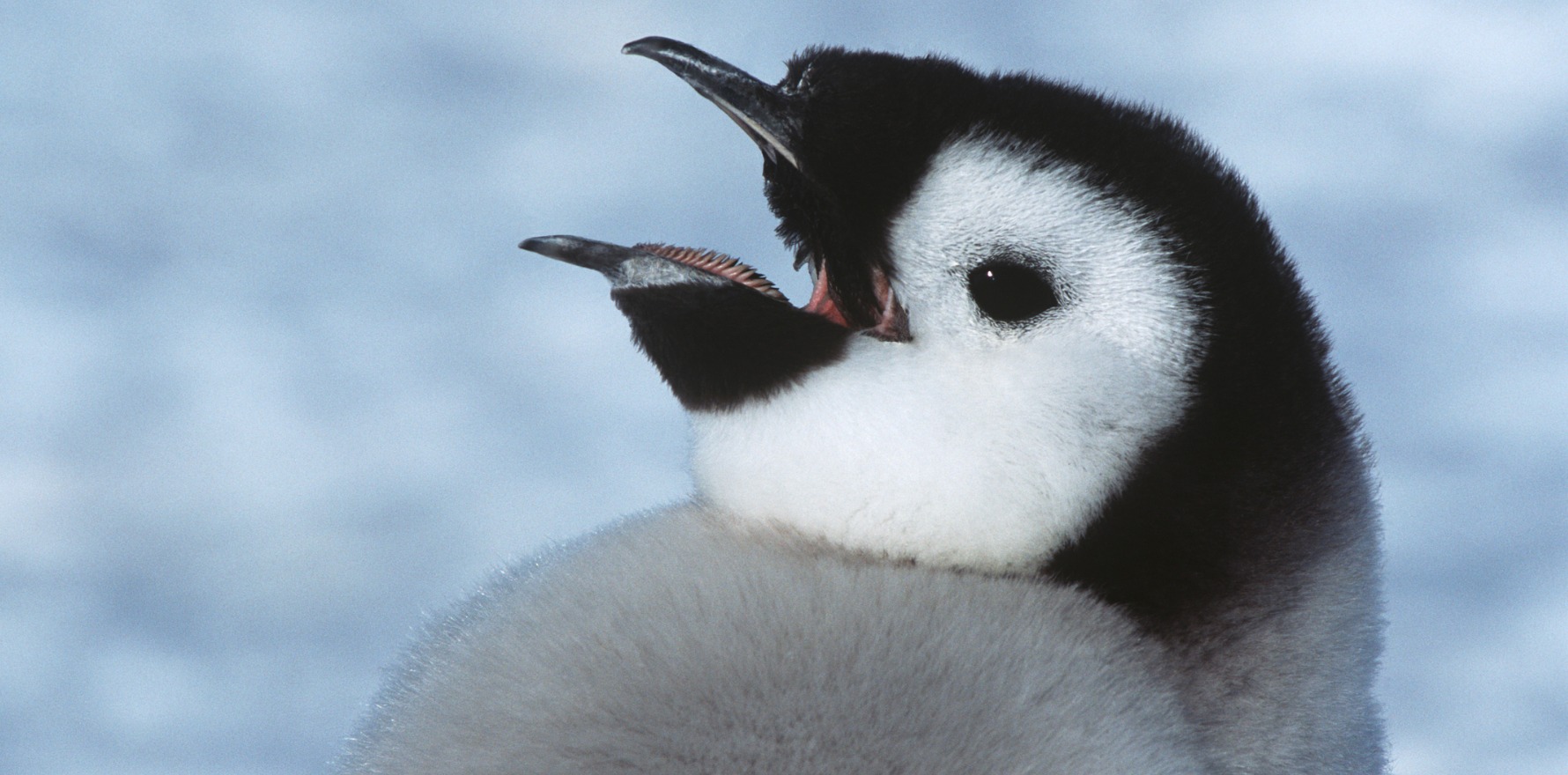Being an expedition doctor is an adrenaline rush of narrow escapes, gravitational challenges and unforgettable animal encounters.
“Doctor Lesley, step away,” my radio crackled, as I abandoned an Adélie penguin discovery walk with passengers and started my slippery descent through the penguin poo on Gourdin Island.
Bolting into the waiting Zodiac boat, with the expedition leader driving like a bat out of hell, we began the bumpy 20-minute journey back to the small expedition ship.
For on the other side of the island, a drama was playing out.
Intrepid scuba divers desperate to join leopard seals in the frigid water had raced to enter Antarctic Sound. The dive was living up to full expectation, when a sudden inrush of icy water alerted a burly Canadian fireman to his mistake of not fully zipping his dry suit.
Back on the surface he was quickly buddy-cuddled in a ring of other divers and served warm tea. The race was on to prevent hypothermia as the dive boat charged back to the ship’s medical facilities on a trajectory parallel to my own.
As the dive boat was hauled on to the deck by crane, the now unconscious diver was scooped out by a waiting team of fellow telly-tubbies hoping to transport the big guy up too-narrow gangways to the infirmary.
Progress was near impossible, so we decided to stop and resuscitate him in the nearby spacious bar. Cutting his dry suit off proved difficult – and potentially very expensive – so was abandoned in favour of gently disrobing him. Gus, the bar manager and a wilderness guide, was most excited to be my main assistant.
Our diver must have found his return of consciousness to be surreal, clad as he was in his undies in a thermal blanket, with two female crew members clutching him. Next day he was back in the freezing waters … but with a buddy check before jumping in.
My career path as a rural doctor in New Zealand and the outback delights with the Royal Flying Doctor Service had offered crucial stepping-stones to the place in which I now found myself. But more than two decades as an expedition doctor to the ends of the Earth has proved that the job begins not long after the ship leaves port.
The Drake passage, its currents gushing west to east in a narrow channel between Argentina and Antarctica, is renowned and feared for its vestibular effects. A call for volunteers for my acupuncture project resulted in 80 per cent of the passengers feeling that their symptoms were less than expected. Luckily I rarely succumbed, but some doctors do struggle to be the “Phenergan fairy” when really needing a shot themselves.
Wild seas, awe-inspiring while in the washing machine moment, caused their fair share of injuries.
One intrepid traveller, flung across a cabin and out through an open door into the arms of a near-naked chef returning from the communal showers, might have had a happy ending except for her large forehead gash. This time my very able assistant was the expedition leader, sympathising with my carpet-burnt knees as each suture coincided with the bucking of the ship – it was quite a job to avoid suturing her head to the pillow.
Despite careful planning, my favourite tales somehow involve scraping through by the skin of my teeth.
The removal of a lamb shank spicule of bone, beautifully poised and firmly stuck in the pharynx of a Canadian physician, posed such a conundrum. One chance to breathe and grab was the reality, as there was no possibility of anaesthetic – that would mean a 12-hour sail then a fixed-wing aircraft flight north to Chilean medical services. Success and relief were my reward as this exploit became part of ship lore.
Iceberg Alley, at the south end of the Antarctic Peninsula’s Lemaire Channel, memorable for its cubist ice forms, hosted one of my most exciting moments.
Standing quietly at the helm of my Zodiac, with only the sound of tinkling ice around, a fin was spotted. “Orca!” I called. My passengers held their breath as it approached and dove. Then all was silent as we watched and waited in the lee of a small iceberg. Suddenly there was a flurry as three orcas charged from different directions, each producing a bow wave designed to knock one of us into the water. The stalkers had become the stalked!
On another occasion, while whale watching in an ice-strewn cove, the waters around our Zodiac bubbled strangely. Then a humpback lunged and suddenly the bubble-net used to corral fish instead had us in the vortex.
Even more powerful are the instances when such massive creatures prove to be tactile and interactive. So special to have one gently lean its barnacled chin on the pontoon of my inflatable – enchanting!
It’s not just the Antarctic wildlife that have special attributes. How wonderful it is to escort low-vision passengers who can only smell ice and, because they are so attuned and motionless, allow a baby elephant seal to come close enough to bristle-scratch a nose.
One of our muscled Russian crew would throw a lovely girl with cerebral palsy over his shoulder to deposit her on a beach where penguins crept ever closer. Sharing such transformational moments with another person makes every interaction special.
So how did a wee GP from Glasgow become part of an expedition team? Firstly, a sense of adventure made me grab an opportunity, despite initial self-doubt, and a willingness to learn. Gradually honed Zodiac skills helped me surge safely through wild surf on South Georgia, but I could also gently sidle close to wildlife and look at the endless colours of ice.
Watching giant elephant seals guard their harem, yet keeping alert for passengers wandering too close, creates wonderful opportunities to share. Spending a night with eager campers on the ice, when sudden squabbling and squawking at dawn announced a penguin parade flooding down to fish for breakfast, is such a contrast to my previous life in a GP surgery!
Yet the expedition doctor’s role encompasses much more. Communicable diseases of a modern travelling world are a famous feature of the cruise industry. Crew and staff on a ship need a family doctor; mental distress, either psychotic or depressive, may call for suicide watch. And with climate change impacting on many wild places, I hope that I can be an ambassador for environmental change.
What a magical other life for a rural GP!



